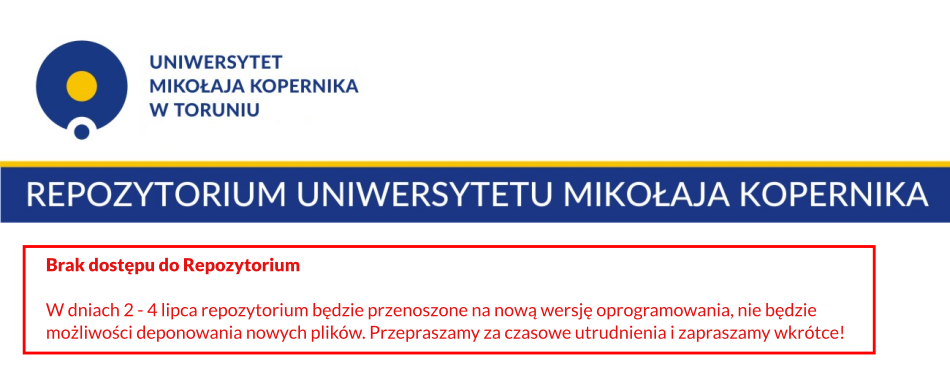| dc.description.abstract |
The preparation of citizens for active living in the information society is important. This not only requires having proper equipment, but also knowledge, skills, and competences. In many sociological and pedagogical analyses, as well as reports from the National Statistical Office, there is no data concerning usage of e-services, ownership of equipment, etc. Furthermore, there are no indexes that extensively present this data. In this paper, the author proposes a synthetic indi-cator called the involvement index in the information society. In addition, the author presents the results of research con-ducted in politics, international relations, and internal safety with both full-time students and part-time students at Nicolaus Copernicus University in 2009 and 2012. The author uses the value of the involvement index in the information society in the research. The research results indicate that students do not look at their future through the prism of change in the information society, they do not think about themselves as teleworkers, and they do not perceive themselves as persons who often change job positions or who use the e-learning process upon completion of their studies. Reasons for this situation are surely not attributable to matters of infrastructure, as these parameters reach almost maximum value, but instead can be attributed to a lack of knowledge or habits. Hence, a general conclusion resulting from the study is a call for change in the learning formula for the subject of information technology not only at the primary and secondary school levels, but in higher education as well. |

